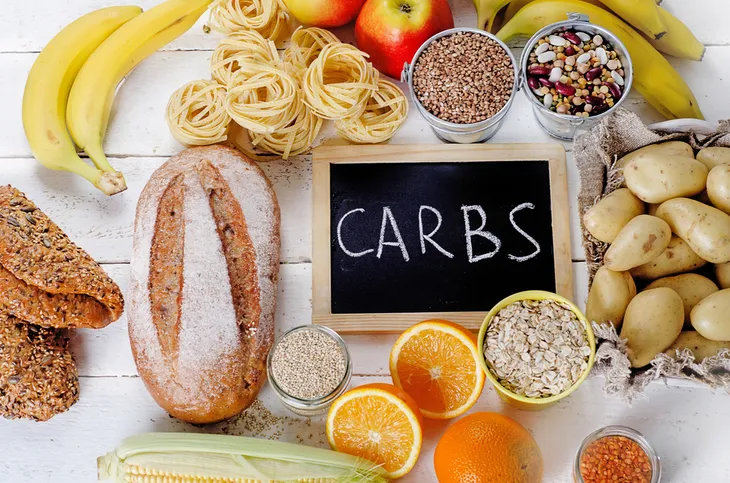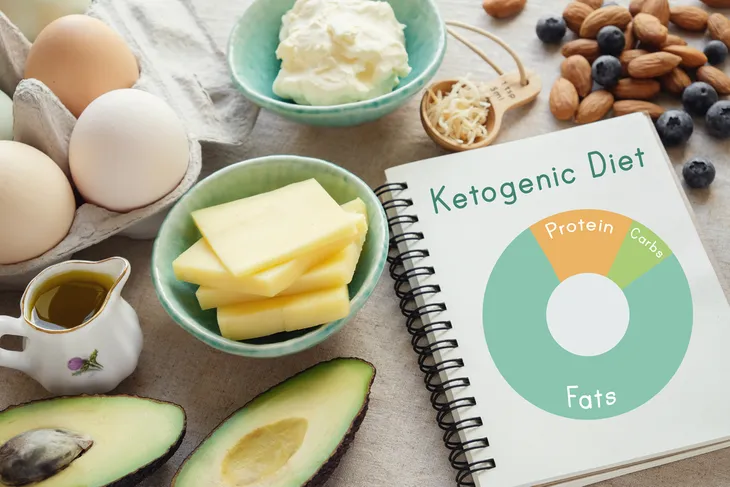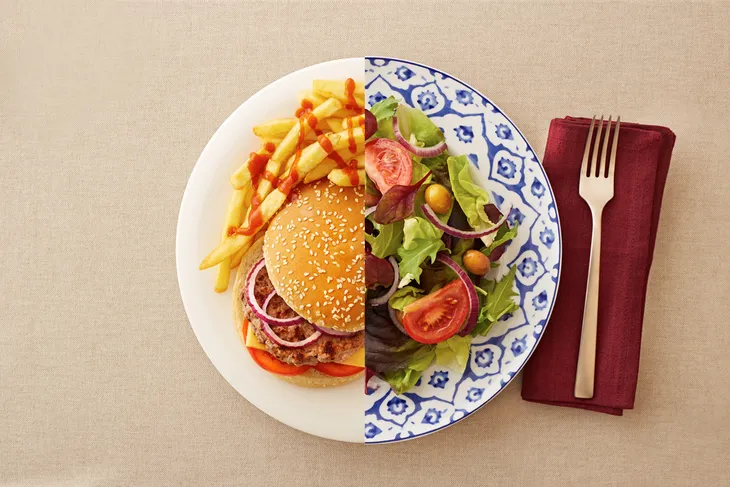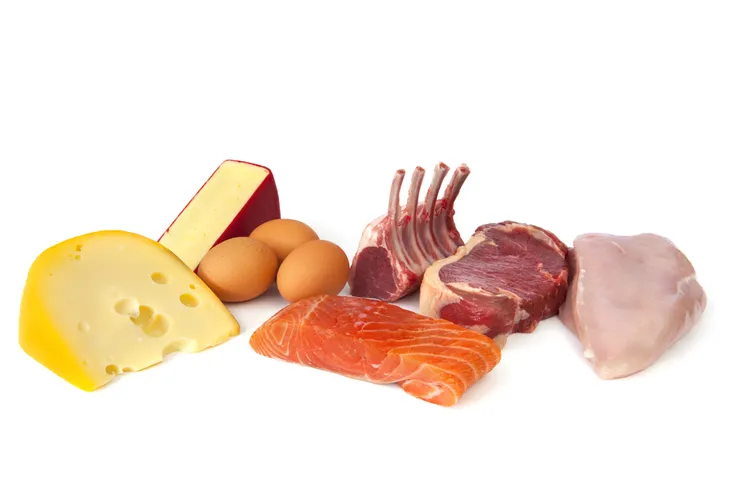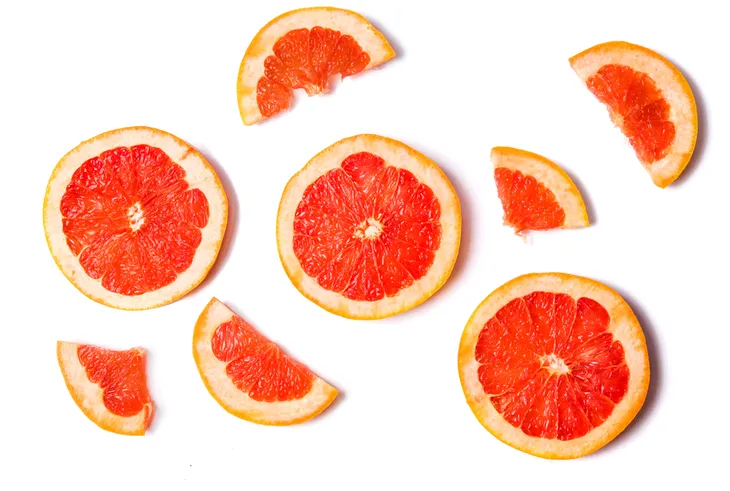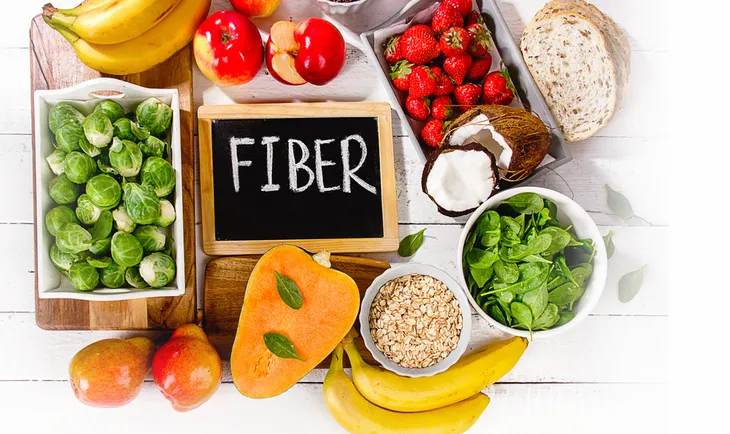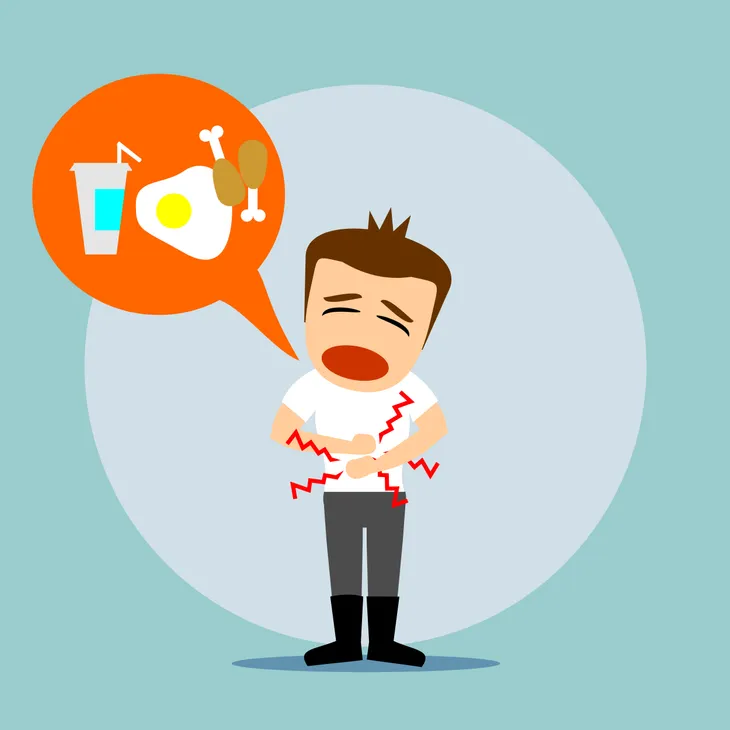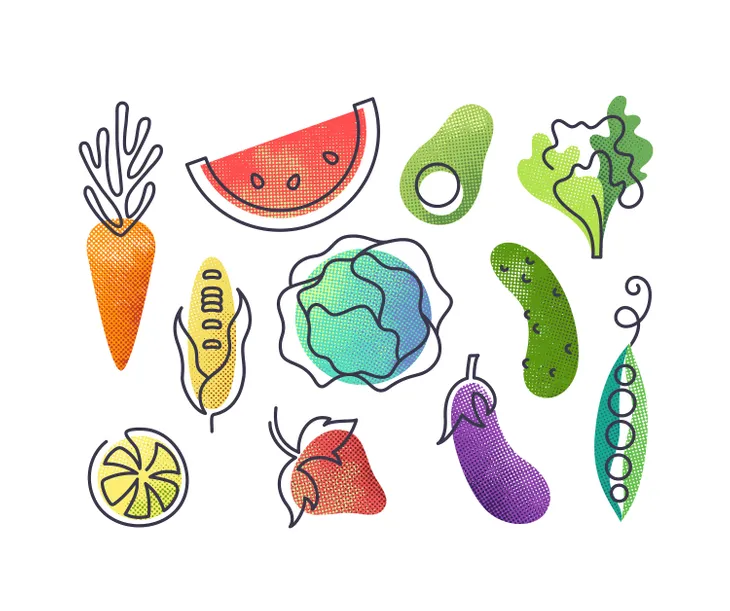Spring is almost here, and that means summer and breaking out the skimpier clothes. For many people, getting healthy means shedding unwanted pounds and exercising. But where do you start? And how do you differentiate the truth from those nasty diet myths that can sabotage your goals?
Luckily, we’ll set you on the right track to adopting a healthy lifestyle by dispelling 10 weight loss, nutrition, and diet myths…
Myth: Cut Carbs to Lose Weight
Elite athletes know that carbohydrates fuel their body for training, but many non-pros seem to think that cutting carbs completely from their diet is the only way to lose weight, which is totally untrue. It’s more about what kinds of carbs you eat. Instead of eating empty carbs—such as white breads and pastas—whole-grain carbs such as brown rice and whole wheat pitas so you make sure you’re getting enough fiber in your diet.
Myth: Fad diets are Effective
Fad diets are called “fad” for a reason—they promise quick weight loss by convincing you to limit certain foods and essential nutrients from your diet. Sure, you’ll probably lose weight at first on the “baby food diet”, but you can’t live on a strict low calorie diet for the rest of your life to maintain the weight loss. Why? For one reason most fad diets are really unhealthy because they lack the nutrients your body needs.
And secondly, diets that consist of only 800 calories per day can cause heart abnormalities and dangerous blood sugar crashes. Instead, doctors recommend a weight loss plan of no more than 2 pounds per week with a healthy, balanced meal plan, portion control, and daily physical activity.
Myth: Low Fat for Weight Loss
It kind of makes sense that it takes cutting fat to lose fat, but at the same time slashing your fat intake completely can deplete your energy reserves, and mess with your hormone, cholesterol, and insulin levels. Remember that healthy unsaturated fats—like the ones from nuts, oils, avocados, fish, and eggs—are essential for fueling the body for activity.
Myth: High-Protein Diets are the Healthy Way to Lose Weight
Let’s face it; high-protein diets can’t be maintained over the long run for so many reasons. If the bulk of your daily calories come from high-protein foods—such as meat, eggs, and cheese—you’re hardly getting a balanced set of nutrients, and you’re eating too much fat and cholesterol, which increases your risk of heart disease.
Plus the lack of fiber in your diet, typically made up by fruits, whole grains and vegetables will leave you constipated and with a nasty problem called ketosis (from a buildup of ketones, which raises your risk of gout and kidney stones.
Myth: Longer Workouts are Better
Longer isn’t always better—especially when it comes to working out! So take it easy and stick to cardio exercise that lasts between 30 to 60 minutes. Otherwise you may end up with an injury or simply eating more throughout the day and sabotaging your weight loss goals.
Myth: Eat Grapefruit to Lose Weight
It’s a total myth that grapefruit can burn fat and make you lose weight faster. No food on its own has that power. And while caffeine-containing foods—such as coffee—do speed up your metabolism temporarily; they don’t actually result in weight loss. Only cutting calories, fat, and physically activity can help you lose weight.
Myth: Fiber Keeps You Full for Longer
It’s true that high-fiber foods—such as whole grains, fruits and vegetables—take longer to digest and act like sponges, absorbing more water and essentially making you feel full. However, snack bars with so called “added fiber” are not the answer, and in most cases, just contain a whole whack of fat and sugar.
Steer clear of the “added fiber” snack bar bandwagon, and opt for foods naturally high in fiber that aren’t processed.
Myth: Skipping Meals is a Good Way to Lose Weight
Studies show that people who skip breakfast and eat fewer times during the day tend to be heavier than people who eat a healthy breakfast and eat four or five times a day. This may be because people who skip meals tend to feel hungrier later on, and eat more than they normally would.
It may also be that eating many small meals throughout the day helps people control their appetites. Eat small meals throughout the day that include a variety of healthy, low-fat, low-calorie foods.
Myth: Lifting Weights Will Make You Bulk Up
This one is most a myth that the ladies should be weary of. Strength training 2 to 3 times per week will not make you “bulk up” like an Amazon. In fact, weight bearing exercises, like push-ups, planks, squats, and crunches—will actually help you tone and burn more calories—even during rest.
Bulking up takes a certain level of weight lifting combined with a particular genetic makeup…just ask the vast majority of men out there aiming to look like Channing Tatum.
Myth: Vegetarian are Healthier
Studies show that a vegetarian eating plan with a low fat content may be helpful for weight loss. However, like any diet, it’s all about food choices! Vegetarians often opt for highly processed foods that contain large amounts of fat and calories with very little nutritional value.
Vegetarians have to be vigilant with the diets to ensure a nutritious balance. Since they lack animal protein, many vegetarians end up deficient in iron, protein, zinc, calcium, and vitamin B12.
Looking for other healthy living articles? Check these out:

